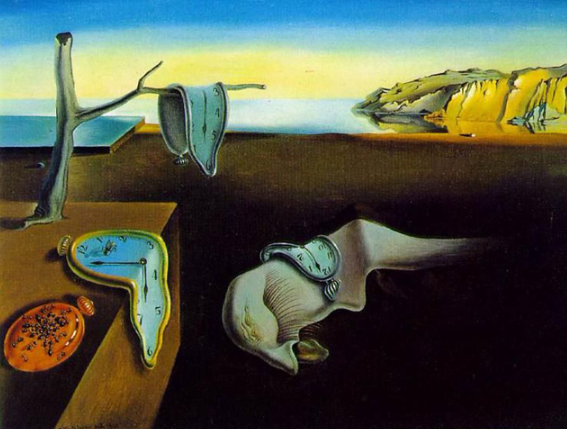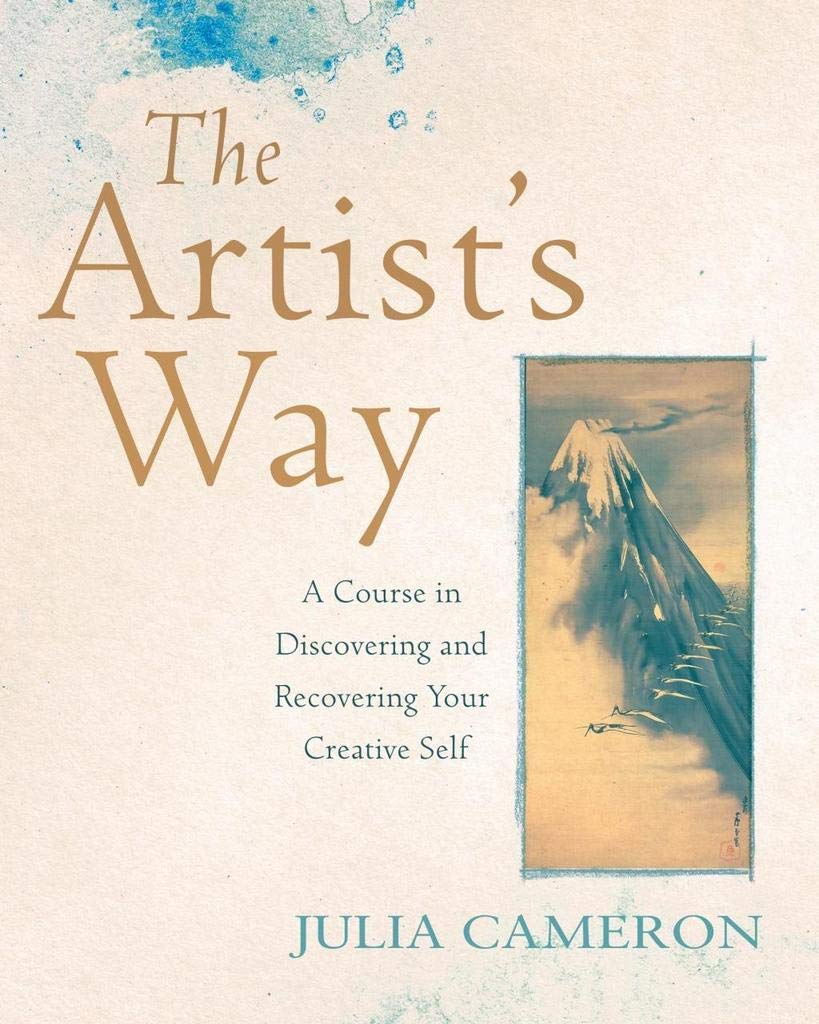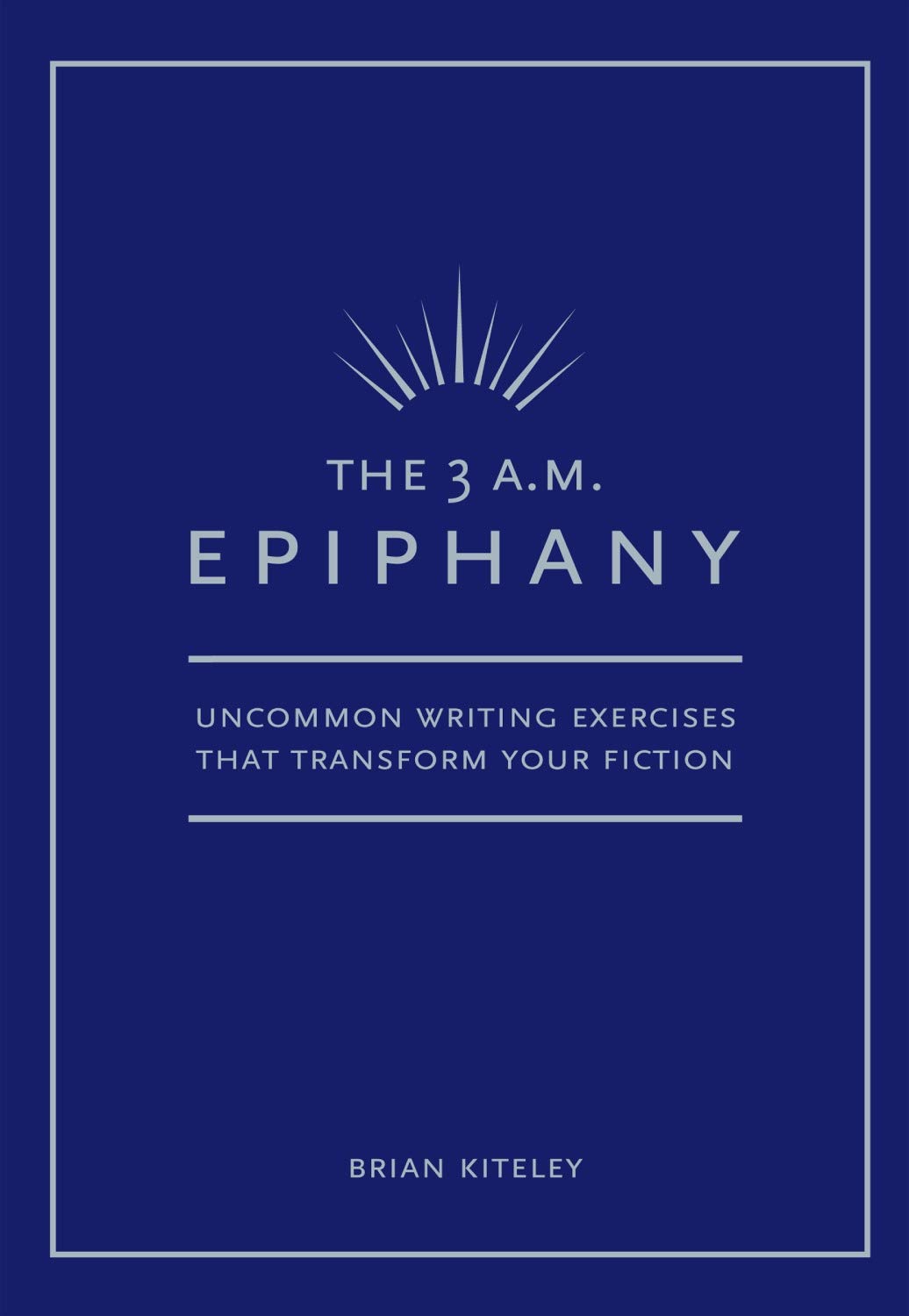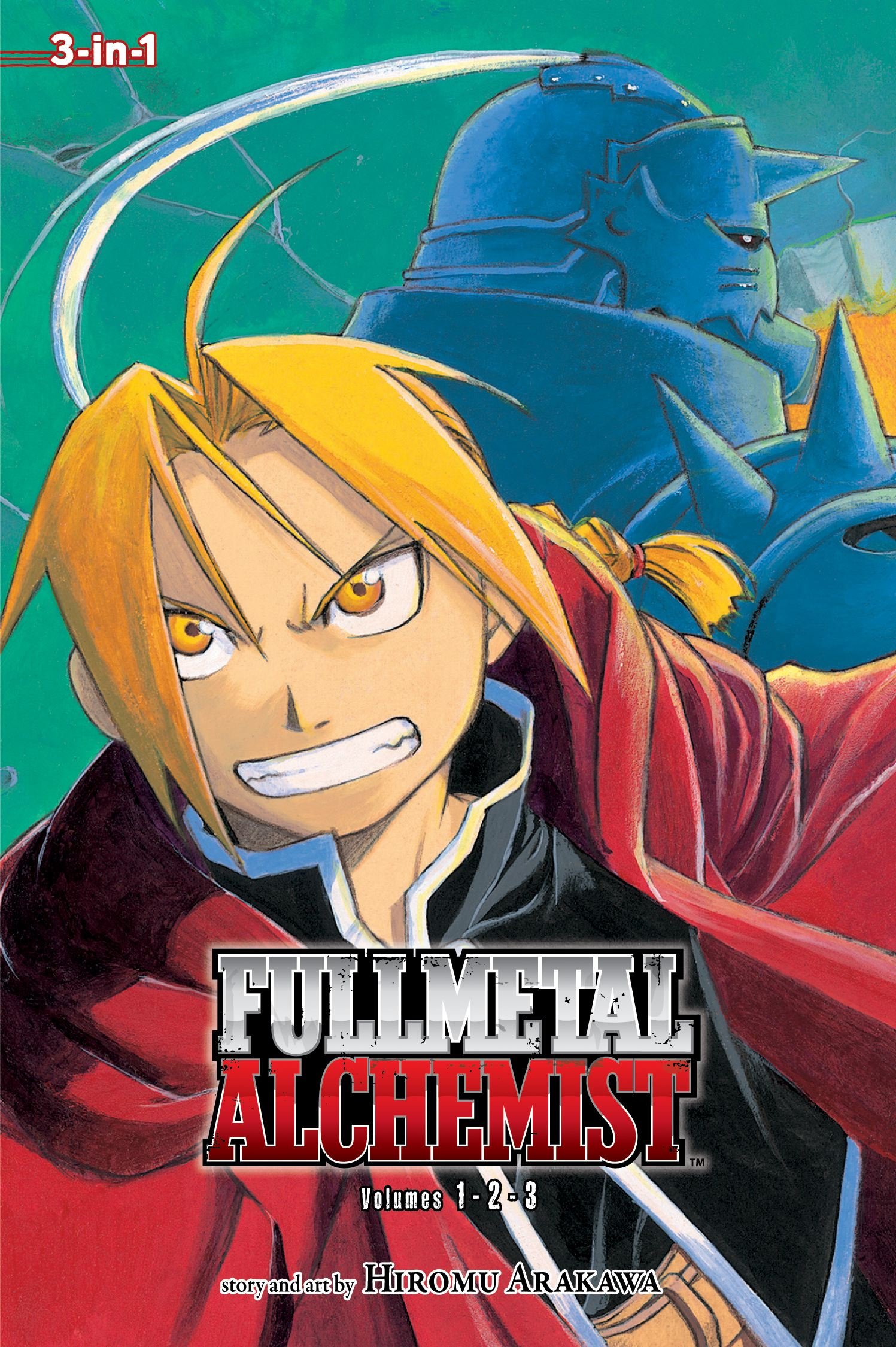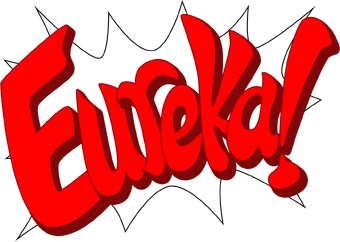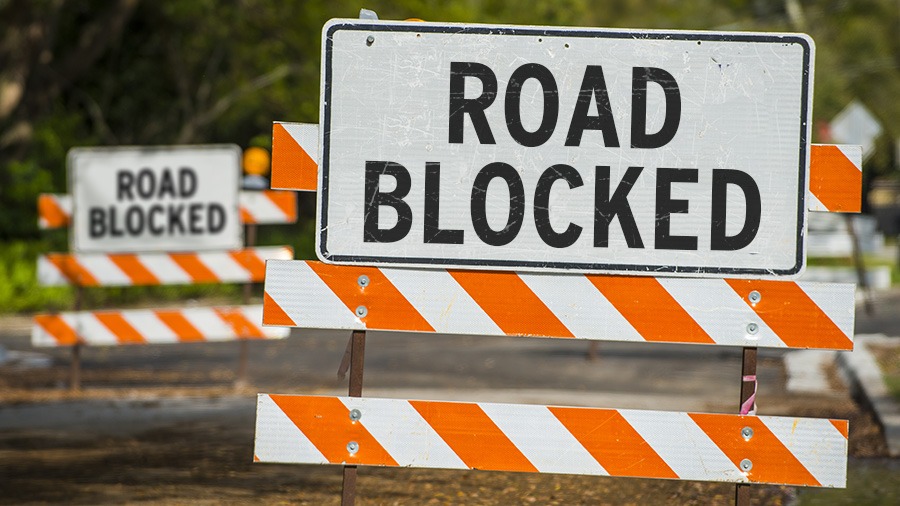So, what do you do?
Jump onto social media and become a film critic (or reviewer, depending on your influences and how you view your craft and dedication) of course! Maybe a Youtube channel, popping out a couple of 5-10 minute videos a month, or perhaps a blog that you update every few days. You might even go to Wix or WordPress and start up your own website. Either way, you want to start talking about and dissecting movies.
But how? What are some of the fundamentals you need to get right? Well, as someone with seven years of experience in the field, spanning written and video content (Blasting News, ThirdActFilm (alas, now defunct), Youtube), and collaborating on projects such as Red Ribbon Reviewers), I have a few possible suggestions:
1. KNOW WHAT YOU’RE TALKING ABOUT!
Do you know a thing about what the process of, say, directing or screenwriting or producing or cinematography is? Do you know your mise-en-scene from your Inciting Incident? Do you understand how dialogue works within the confines of ‘show, don’t tell’, or the importance of three point lighting?
If the answer is no, even to just one of these, then congratulations: you’re already lagging. It’s shocking how many people make movie reviews without understanding the basics (just like people who try to write and/or direct shorts without knowing about the craft). You don’t need to have made a film to talk about film, but you ought to get informed on the how and why if you want to present the best and most thorough review possible. After all, would you trust a doctor who didn’t go to med school, or a firefighter with no training?
There’s a veritable wealth of videos and literature that will greatly expand your knowledge of the medium, as well as make for stimulating reads. Added bonus? If you ever do decide to dip your toe into filmmaking, as study or hobby, you’ll have a heads-up with these.
Some of the usual suspects include, but are not limited to:
- Film Art: An Introduction by David Bordwell and Kristin Thompson. This is like a great sample platter of everything that film study has to offer: the medium’s history, evolution, roles, techniques, as well as how to analyse material.
- Biographies of famous artists can be handy for both understanding different crafts, as well as learn film history, such as On Directing Film by David Mamet, Making Movies by Sidney Lumet and Rebel Without A Crew by Robert Rodriguez. As their titles imply, these take you through the much exhaulted yet not-commonly-well-understood process of actually directing a film. Also, William Goldman’s Adventures in the Screen Trade is a great read for wannabe writers and those curious about the movie business during ’70s ‘New Hollywood’.
- Save The Cat! The Last Book On Screenwriting You’ll Ever Need by Blake Snyder. An informative but simple guide to screenplay structure and construction. Also, you can throw in Christopher Vogler’s The Writer’s Journey (which covers the old chestnut of ‘The Hero’s Journey’, first coined by anthropologist Joseph Campbell and then popularised by George Lucas via Star Wars).
- In The Blink Of An Eye by Walter Murch. Essentially Save The Cat but for editors, editing legend Murch (Apocalypse Now, The English Patient and too many more to count) gives you everything you could want to know about the art and science of editing and how it affects the audience. It should also finally enable you to properly articulate why you hate jumpcut-fest action sequences so much.
- Every Frame A Painting: Terrific video analysis of why movies work, from the styles of auteurs like Edgar Wright, to the soundtrack of movie titans like the Marvel Cinematic Universe. Also recommended: Nerdwriter1 and Lessonsfromthescreenplay.
- The Movie Crypt Podcast: Joe Lynch (Everly) and Adam Green (the Hatchet trilogy) talk about and to filmmakers and their staff about the highs and lows of making movies and TV for a living. The hosts have great chemistry but also great wisdom and respect, allowing their guests to be relaxed and talk freely of the harder times in their careers, which can be a real eye opener. Guests have included Chris Columbus, Adam Wingard, Jordan Peele, Seth Grahame-Smith and many, many more.
- Listening to commentaries and watching making of featurettes? Good, keep at it: right from the horse’s mouth is always best. Stephen Sommers may not be one of the medium’s giants, but his commentaries for The Mummy films and Van Helsing gave me my first education in film.
2. Know about other critics
While this may seem obvious, if you’re getting into movie reviews because you’re a fan of maybe, tops, three or four people on Youtube, then you’re limiting your knowledge base as well as inspirations. Nothing wrong with the likes of Chris Stuckmann, theFLICKPick, schmoesknow and Screen Junkies: but like with my next point, the more you know, the better your own work will be.
Watch and read a variety of reviews, reviewers and critics. Some immediate names, past and present, include Roger Ebert, Richard Roeper, Mark Kermode, Janet Maslin, Pauline Kael, A.O. Scott, Peter Travers, Owen Gleiberman and even the anti-christ of film criticism himself, Armond White, all have distinct ways of breaking down films. Some favour a more general deconstruction, step by step, while others will focus on specific elements like say, plot or character or pacing.
3. Have a broad palette
If you want to be a film reviewer, and your only frame of reference is superhero movies, the odd Tarantino flick and some cheap fart comedies, then you might be in trouble. Not saying anything is wrong with these, but to properly discuss and analyse film, you need to be aware of what types of movie there are (same if you were writing about television or video games), how they work, when they were made and how they succeed.
You don’t have to like everything, but you need to at least be aware of all the genres: action, horror, adventure, thriller, comedy, sci-fi, western, biographical, documentary, parody etc. There are plenty of ‘Top 100’ lists out there from both critics as well as film establishments like the American Film Institute or the British Film Institute to help you, but some of the immediate suspects you should have crossed off:
- Citizen Kane (Yes, really. They’re still ripping off its tricks, even today)
- Casablanca
- The Good, the Bad and The Ugly
- Gone with the Wind (Yes, really, there’s a movie before damns aren’t given)
- The Godfather (Yes, really, there’s a movie beyond Brando’s wheezes)
- Taxi Driver
- Seven Samurai (Any movie about teams owes something to this)
- Psycho (Yes really, there’s a movie beyond the shower scene)
- Bicycle Thieves (this is where the whole ‘realism’ schtick came from)
- Chinatown (a holy grail among screenwriting teachers, too)
- Jaws
- Alien
- Raiders of the Lost Ark (really, there’s a movie beyond the boulder scene)
- Die Hard
4. This versus that, comparisons versus futility
Unless they are very similar films (like say, Friday the 13th vs My Bloody Valentine), comparisons in a review are a silly and fruitless exercise: why would you dismiss a film because, say, it’s not Citizen Kane, when it’s obviously not trying to be Kane? There are many reasons why, say Transformers: The Last Knight was bad, but it sure isn’t because it’s not Gone with the Wind or Schindler’s List. Likewise, obviously trashy fare like Killer Klowns From Outer Space or the 80s Hercules movies with Lou Ferrignou make no pretenses about being anything other than what they are, and have enjoyable merits of their own if you are willing to try.
These types of sweeping statements stink of amateur and show you haven’t developed a great love or understanding of the medium, yet, if you have to resort to quick name-drops. It doesn’t prove your street cred to fellow film geeks, it’s just hackneyed. Plus, we’re reading or watching to hear what YOU have to say about the film in question, not what you think you’re meant to say and compare it to.
5. Don’t know it? Don’t use it!
Again, another way to avoid looking like a dumb kid on the internet: if you’re not sure what something means, don’t try and sound clever by using said word in your reviews. The people who don’t know it will be confused, and those who do will laugh at you for using it wrong. It’s laughable how often people will say ‘cinematography’ to talk just about camera when, if you actually know what the word mean, you’ll realize it covers more than that. Same with how often tone or theme are misused as well.
In this day and age, you have plenty of resources to be able to check if you want to talk about certain ideas or subjects (like the reading list above) but aren’t entirely sure. If you don’t put in the effort to get your facts and definitions right, then why on Earth should anyone give you their time?
6. Read it, then read it again!
Proof reading is one of the most overlooked yet important elements. Not just basic tidbits like minding Ps and Qs, there and their, its and it’s etc. but also the structure and flow of your piece. Is your focus clear? Is your argument, positive or negative, detailed and well-supported? Do you adequately explain why you thought, say, the musical score was off-putting or the cinematography was intoxicating?
Detail is everything to a film review (or indeed, media criticism period): it’s the eggs and sugar of a cake, or the yipee-kay-ay of McClane. Bad articulation of points, poor use of terminology, bad structure and a conclusion/verdict that doesn’t match the preceding points, whether it’s written or a video review, is what undoes countless newcomers.
7. Do it because you want to
If you think writing movie reviews is the shortcut to fame and fortune, then you might as well put that time into something more practical, like engineering or computer coding. The truth is that there’s very little money in online content nowadays (ad rates have crashed over the last decade), save for those who prove themselves worthy of sponsors or having people willing to pay for a Patreon.
You create your channel or page because you actually want to talk about and share your views on film. You do it because the magic of the silver screen, whether it’s in 2019 or 1939, compels you, entices you, baffles you, intrigues you. You do it because you find merit in the hard work of dedicated artists and craftsmen. The reasons why are legion, but what counts is what you add to the discourse as a unique individual with a unique worldview. No one can do it like YOU.
Bonus tip: be respectful to your audience. Just because you’re the one at the keyboard or mic is not an excuse to behave like a condescending elitist. People will gravitate more towards someone they could actually talk to, and don’t appreciate being yelled at.
(This article was originally posted on ThirdActFilm.com on 26th August 2017. Some elements have since been revised.)






